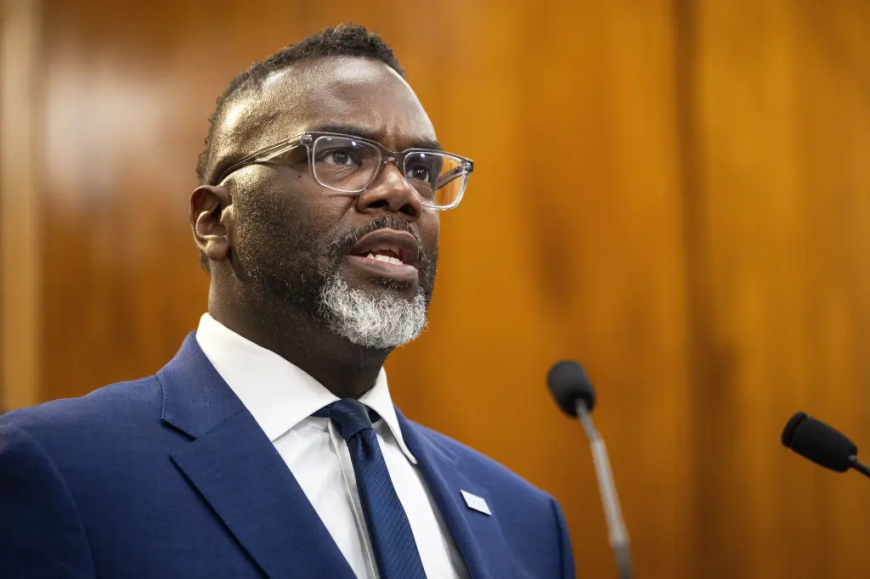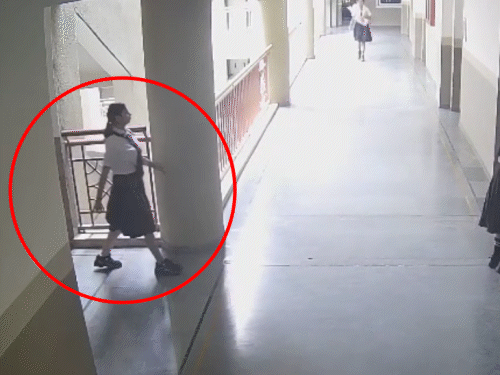Chicago Mayor Faces Challenge in Turning Crime-Fighting Wins Into Broader Support
Chicago Mayor Brandon Johnson has reduced crime rates in 2025, but struggles to turn those wins into broader public trust as residents still feel unsafe.

Sunday, August 17, 2025 — Chicago Mayor Brandon Johnson has touted significant progress in reducing violent crime across the city, but turning those public safety gains into lasting political capital is proving more difficult than expected. While shootings and homicides have declined notably in 2025, the mayor still faces skepticism from residents and political opponents who argue that crime remains only part of a larger picture of governance.
The Numbers Show Improvement
According to the Chicago Police Department’s mid-year report released on Friday, August 15, 2025, homicides are down 22 percent compared to the same period in 2024, and shootings have declined by nearly 18 percent. These figures mark the steepest one-year drop since 2016, a shift city officials attribute to a mix of community engagement, targeted policing, and expanded youth programs.
Mayor Johnson has repeatedly highlighted these results, pointing to neighborhoods like Englewood and Austin — long plagued by violence — where crime rates are now at their lowest levels in nearly a decade. “We are proving that investing in communities and strengthening trust between residents and police can change the trajectory of this city,” Johnson said in a press briefing on Saturday, August 16.
Public Perception Tells a Different Story
Despite the numbers, many Chicagoans remain unconvinced. Surveys conducted earlier this month show that while residents acknowledge the reduction in shootings, a majority still feel unsafe in their daily lives. Concerns about carjackings, retail theft, and sporadic violence on public transit continue to dominate headlines.
Local political analysts say this gap between statistics and perception is the mayor’s biggest challenge. “Crime data may be trending downward, but fear lingers,” said a University of Chicago policy researcher in an interview with Chicago Tribune. “People judge safety by personal experience, not percentages.”
Political Stakes
For Johnson, the stakes are high. He was elected on promises to balance progressive reforms with pragmatic governance, and public safety has become the key measure of his leadership. His allies argue that opponents are downplaying his successes for political gain, while critics insist that his policies have been too lenient in addressing repeat offenders and street-level crime.
City Council debates in recent weeks have grown heated, particularly around how to allocate the city’s 2026 budget. Johnson has proposed channeling additional funds into violence prevention and housing initiatives, but critics within the council want more direct investment in police resources.
Balancing Crime and Broader Issues
Even as crime trends improve, Johnson faces pressure on other fronts. Chicago continues to wrestle with challenges such as rising property taxes, infrastructure needs, and managing a growing migrant population. For many residents, these issues weigh as heavily on their quality of life as safety statistics.
“Crime reduction is important, but it doesn’t erase potholes, high rents, or school closures,” one South Side resident said during a town hall on Thursday, August 14.
National Spotlight
Chicago’s struggles are closely watched across the country, as urban leaders in New York, Los Angeles, and other cities confront similar debates over how to measure progress on crime. The story also has national political implications. President Trump has frequently criticized Democratic-led cities for being unsafe, and Johnson’s administration is under pressure to demonstrate that Chicago can reverse long-standing violence trends without abandoning reform.
Coverage from NPR noted that while Johnson’s policies have reduced certain categories of crime, the lack of visible transformation in daily life could weaken his narrative. National observers say this tension underscores a broader political reality: crime statistics alone rarely win elections.
The Road Ahead
Mayor Johnson has made it clear that he views the current decline in crime as just the beginning. His administration is pushing for sustained investment in job programs, school safety initiatives, and mental health services to keep momentum going into 2026.
Still, the political challenge remains: how to convince residents that data-driven victories translate into tangible improvements in daily life. For now, Chicago’s story is one of progress tempered by skepticism — a reminder that fighting crime and convincing the public are often two very different battles.
What's Your Reaction?
 Like
0
Like
0
 Dislike
0
Dislike
0
 Love
0
Love
0
 Funny
0
Funny
0
 Angry
0
Angry
0
 Sad
0
Sad
0
 Wow
0
Wow
0







































































